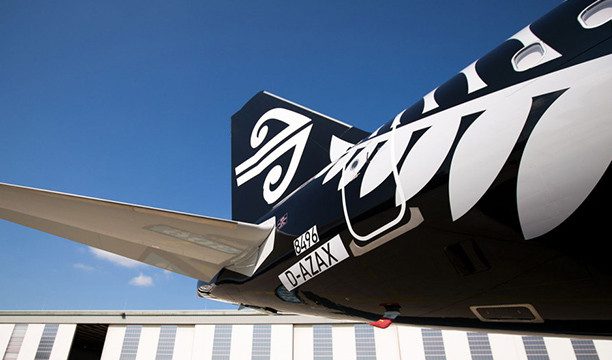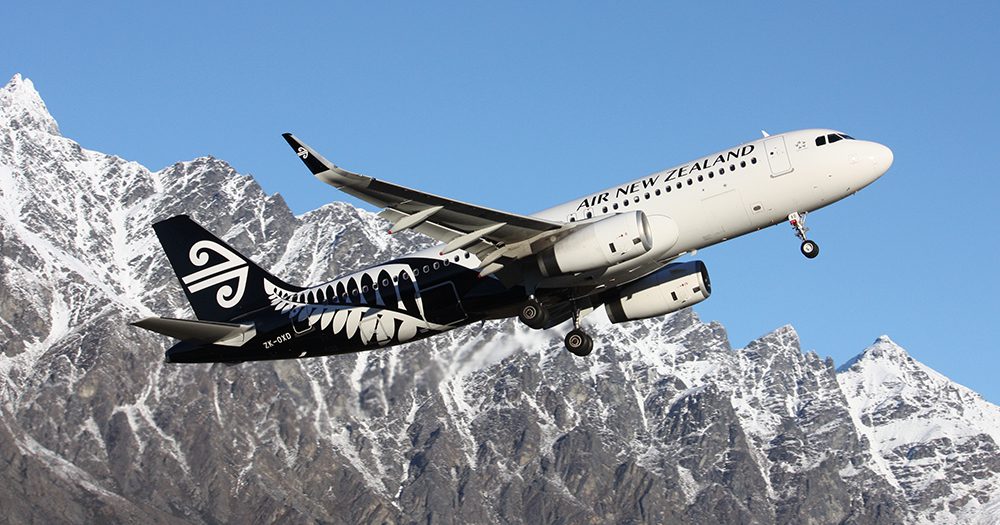In what is becoming a consistent reporting result and message for world-wide travel corporations, Air New Zealand is looking ahead to the near future despite suffering a NZ$185 million loss for the first half of the financial year.
New Zealand’s national carrier said the result reflects the “considerable impact of the Covid-19 pandemic on the airline and global aviation industry” and was in stark comparison to NZ$139 million profit for the first half of the previous financial year.
The continuation of significant restrictions on international travel to and from New Zealand saw the airline’s operating revenue decline 59 percent to $1.2 billion in the first six months of the financial year, as network flying was substantially reduced by 65 percent.
Chief Executive Officer Greg Foran says that the interim results are something the Air New Zealand whānau should be very proud of given the context of a global pandemic that has virtually suspended international air travel.
“I could not be more proud of the way our team has gone about operating our airline in the midst of this crisis. They have dealt with each and every obstacle thrown their way with a huge degree of professionalism and frankly, we wouldn’t be operating the level of domestic and cargo capacity we are without their extraordinary efforts.”
Chief Executive Officer Greg Foran
Chief Executive Officer Greg Foran went on to say that while Air New Zealand made significant changes to its business and cost base, it has still burnt through over $1 billion in its own cash reserves since the start of the pandemic.
He notes that Air New Zealand has been fortunate to receive significant financial assistance throughout the first half of the financial year, as well as benefiting from lower fuel prices, however, these benefits are not expected to extend into the second half of the financial year.
Mr Foran also gave attention to the fact the airline has “had to make a lot of incredibly tough calls”, especially where its people are concerned.
He these actions are never something Air New Zealand would do lightly – but it has all been with the sole purpose of ensuring the airline’s survival.
“The fact is, we must remain vigilant and disciplined in our approach to cost management and cash burn while borders remain closed” stated Mr Foran.
Air New Zealand isn’t the only company to announce huge losses this week. Helloworld, Flight Centre and Qantas felt the crippling weight of the pandemic in their half-year financial results.
But, despite the results, all are remaining positive about the recovery of the travel industry.
Outlook for 2021

Mr Foran went on to comment that Air New Zealand remains optimistic about the future, and, after making both short and long-term changes to the business to lower the cost base, is well-positioned for recovery when demand returns.
“We are one of the few airlines globally that has seen this level of passenger recovery and we know that is driven by our core strength on the domestic market. We know this recovery would not be possible without the continued support of our customers and I want to thank each and every one of you for your support of our airline.
“For the six months to 31 December 2020, we operated 1,800 flights, moving four million passengers around the country and saw strong signs of corporate demand recovery as the economy started to ramp up following the second lockdown in August 2020,” he concluded.
The two-way Trans-Tasman bubble, set to launch in April, will be key for the recovery and revival of Air New Zealand.
Watch this space for more information.
READ: Future Of Travel: Air New Zealand Trials Global Digital Travel Pass





